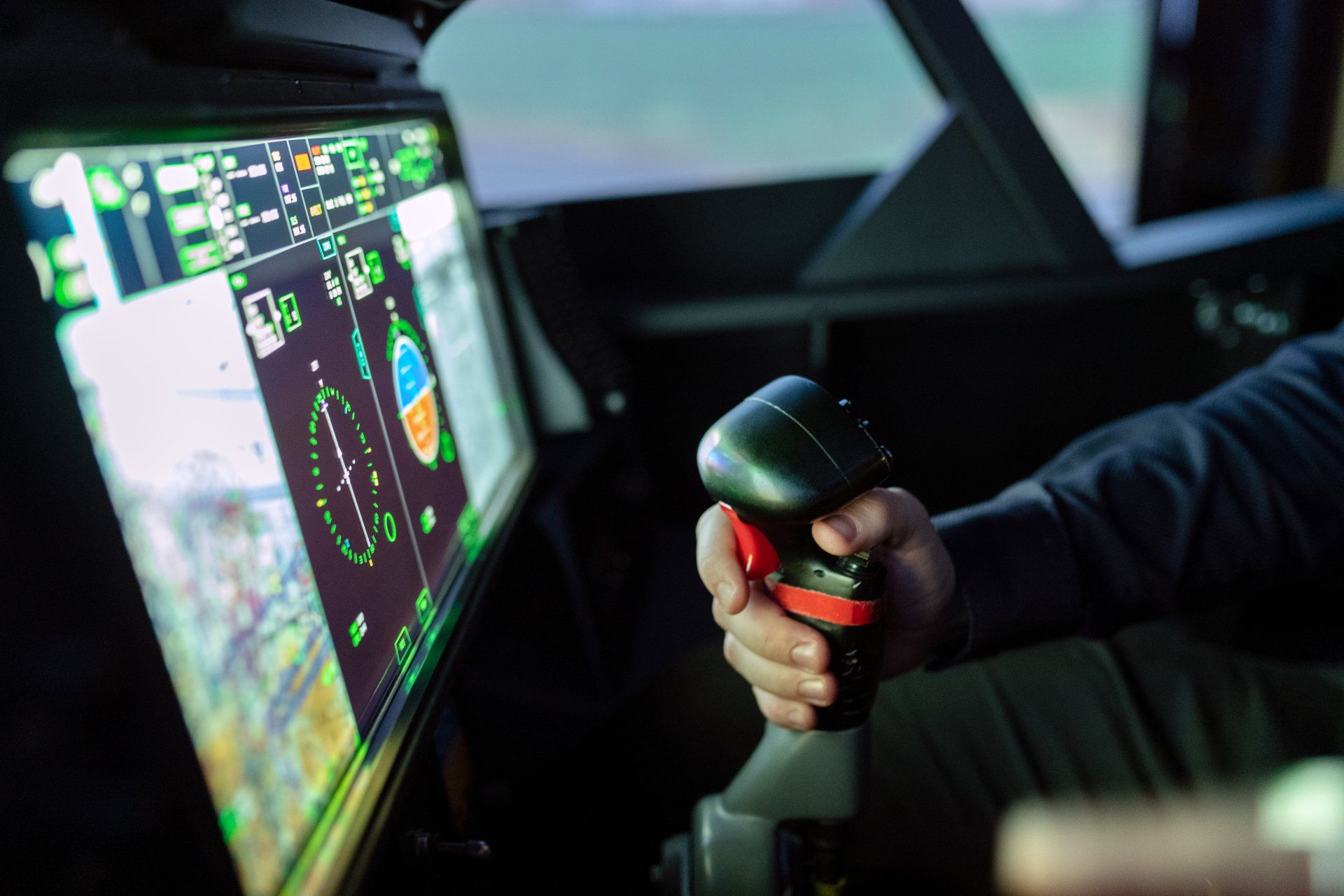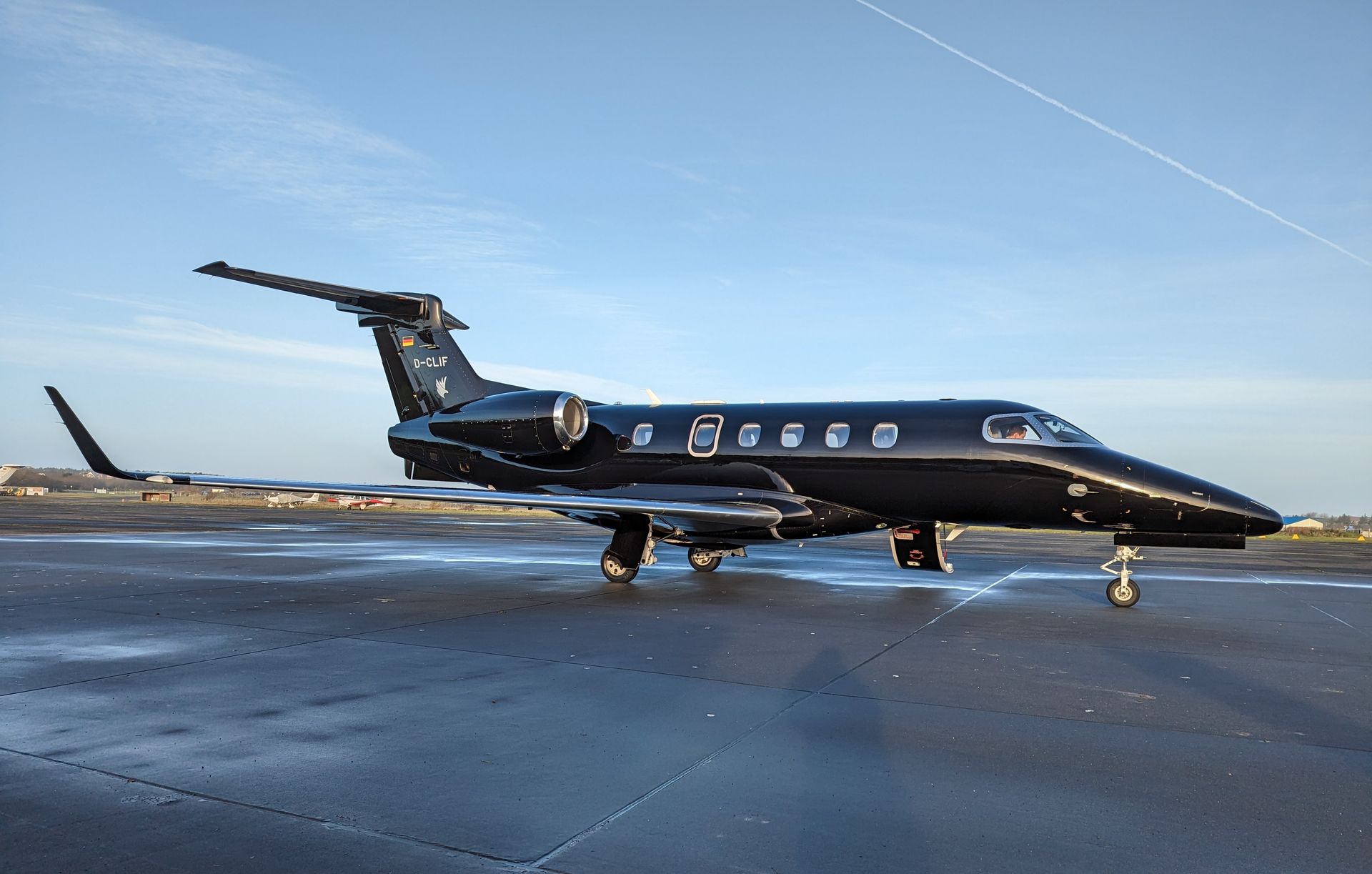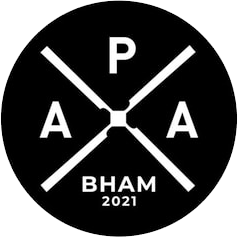Career Pilot
Chart Your Course: Training to Become a Career Pilot
Become A Career Pilot
Becoming a career pilot typically involves several steps and qualifications, and the specific path can vary depending on the type of flying career you're interested in pursuing. Here are the general steps to become a career pilot:

Education and Training
- High School Education - Finish high school or obtain an equivalent diploma.
- College Degree (Optional) - While not always required, having a college degree, especially in fields like aviation, aeronautical engineering, or a related discipline, can enhance your prospects in the competitive aviation industry.
Obtain a Private Pilot License (PPL) -
Start by obtaining a private pilot license (PPL). This involves meeting the requirements listed in the "Private Pilot" tab —getting flight training, accumulating flight hours, passing written and practical tests, and obtaining a medical certificate.

Acquire Additional Ratings and Certificates:
- Instrument Rating: Get an Instrument Rating, which allows you to fly under Instrument Flight Rules (IFR) in various weather conditions.
- Commercial Pilot Certificate: Obtain a Commercial Pilot Certificate, allowing you to be compensated for flying.
Build Flight Experience
- Flight Hours - Accumulate flight hours. Most entry-level commercial pilot jobs require around 250-1,500 hours of flight time.
- Certified Flight Instructor (CFI): Becoming a Certified Flight Instructor can help you gain flight hours while teaching others.

Specialized Training
- Multi-Engine Rating - Gain experience and a multi-engine rating, allowing you to fly multi-engine aircraft.
- Type Ratings (for specific aircraft) - Some careers may require type ratings for specific aircraft models.
Advance to Airline Transport Pilot (ATP) Certificate:
- ATP Certificate - Obtain an Airline Transport Pilot Certificate, which is necessary to act as pilot-in-command for scheduled airline flights.

Apply for Jobs and Gain Experience
- Entry-Level Positions: Start with entry-level positions in regional airlines, charter companies, flight instruction, or other roles to gain experience.
- Networking - Network within the aviation industry and attend job fairs to explore career opportunities.
Continue Education and Training
- Ongoing Training -Stay updated with recurrent training, proficiency checks, and additional certifications to advance your career within the aviation industry.

Medical Certification - Maintain the required medical certifications to ensure you meet the medical standards necessary for piloting aircraft.
Remember, the aviation industry is dynamic, and paths to a career pilot role can vary based on individual circumstances, country-specific regulations, and job market demands. It's advisable to consult with experienced pilots or career counselors and stay informed about the latest industry trends and requirements.
YOUR ONE STOP SHOP FOR AVIATION TRAINING AND RESOURCES
Other Services
With an extensive history of aviation training, experience, and qualifications, our dedicated staff can provide just about any aviation service that you need including:
Contact Info
Phone:
205-319-3241
Email:
info@pinnacleaero.org
Location
900 Mitchell Field Rd SE
Bessemer, AL 35022
Let's Chat
We understand that each individual's schedule can vary. Contact us to find out how we can accommodate your specific needs!

